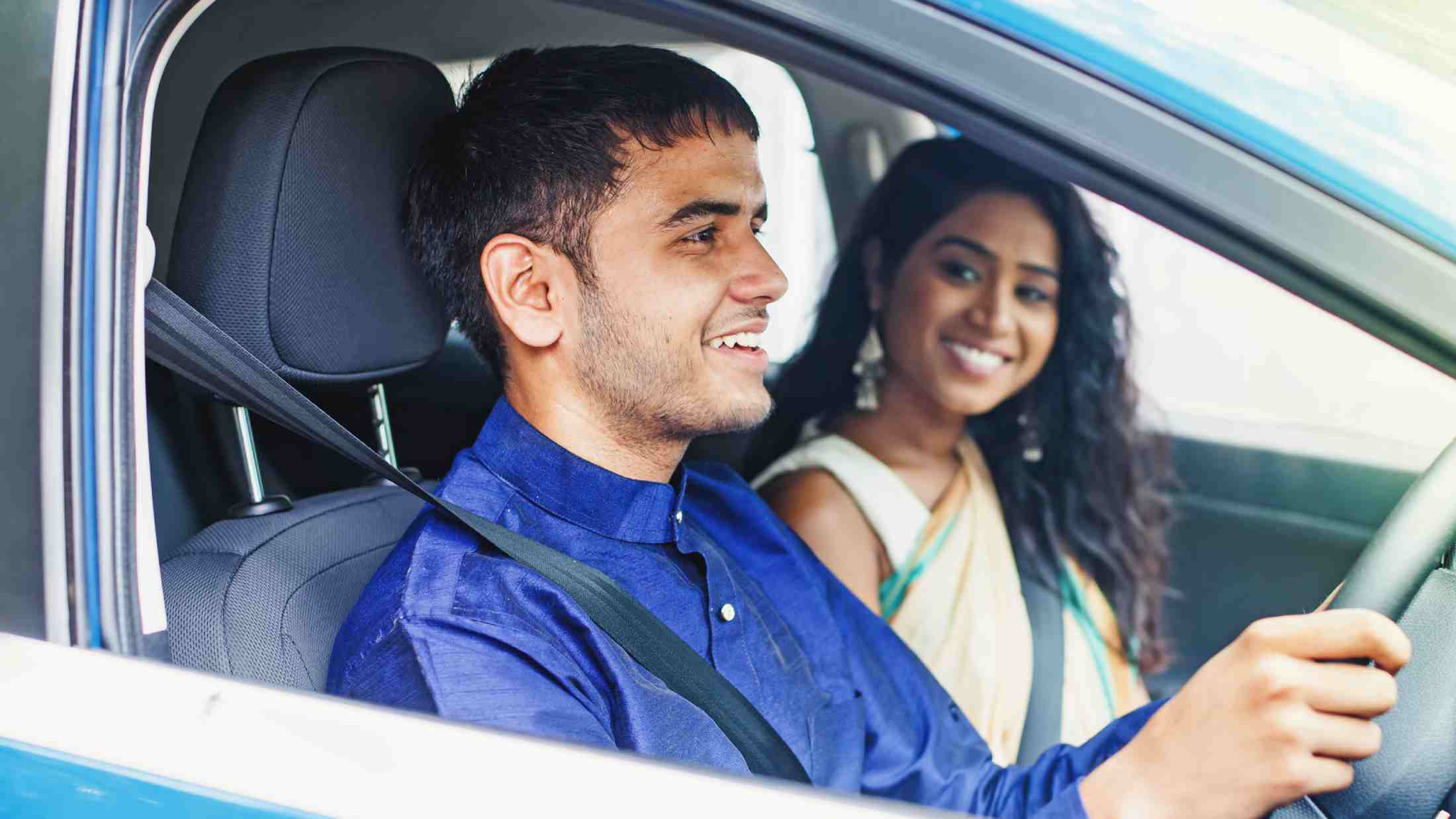For any road user in the UK, knowing what to do after a car accident is essential. From exchanging details to pass on to your insurer, to calling the emergency services - making sure you know exactly how to handle this situation ahead of time will help you to deal with the situation calmly.
In this section:
- What happens after the incident?
- Who to call after a car accident?
- What details do I need to exchange after a car accident?
- How to submit a car accident report?
- Keeping your no claims discount
- What happens to a car after an accident?
What happens after the incident?
- Firstly, (unless you are already stopped) come to a safe stop and turn off your engine – fleeing an accident is a crime that you could be charged with later.
- Next, turn on your hazard lights to warn other drivers about the obstruction.
- When it comes to what to do after a car accident with injuries, if anyone in your vehicle is hurt, you will need to call an ambulance; remember to stay calm as rushing out of your vehicle into traffic could cause more danger.
Who to call after a car accident?
Once you’ve dealt with the immediate risks of a car accident, you should call your insurance provider. Failing to stop after your accident or inform your insurer about an accident can affect your ability to claim at a later stage. With AXA the quickest way to make a car insurance claim is in our online claim portal, where you can log most claims. Please report your claim as soon as you can so we can take care of everything for you.
For traffic incidents that don’t require immediate help, you can call the police on 101 to report the accident. If the other driver in your car accident didn’t stop, you can also contact the police on 101 to alert them of this danger and make things easier for yourself when you need to make a claim.
With AXA Breakdown cover, we offer a 24/7 emergency helpline to help you get back on the road as quickly as possible. AXA Breakdown Cover is available as an optional add-on to your AXA Car Insurance policy, or as a stand-alone product.
What details do I need to exchange after a car accident?
These are the most important bits of information you’ll need to exchange with the other driver involved in your accident:
- Name
- Contact details (including address and phone number)
- Car registration number
- Name of the vehicle owner or registered keeper
- Make and model of the vehicle
If you’ve been in a car accident with no details exchanged, you must inform the police and your insurer within 24 hours of your accident.
How to submit a car accident report?
The more details you can gather at the site of your collision, the better – it’s recommended to see if any car accident witnesses can provide accounts in case your testimony is questioned.
Photos of your car accident should also be taken before your vehicle is moved to have a clear record of any car accident damage.
Having a dashcam is a great way to keep evidence of your safe driving, and it’s also suggested to gather any footage before making your report too. If you have been in contact with police officers after your accident, taking their details will also be helpful.
You can then submit your report to your insurer – even if you are not planning to make claim.
Keeping your No Claims Discount
If you’ve been in an accident and weren’t at fault, you might wonder if this will affect your no-claims discount.
You shouldn’t let this stop you from reporting a car accident, as you will still be entitled to this benefit of your policy as long as your insurer can recover the costs of your claim from the other road user involved in your accident.
You can also count on AXA’s no-claims discount protection if you’ve been hit by an uninsured driver, when you’re not at fault. Remember to gather all the details of the other driver and the incident, and our team can guide you through this process.
What happens to a car after an accident?
For car recovery after your accident, your insurer will let you know after your claim whether your vehicle will be ‘written off’ due to the costs of repair and how much they will pay out in this instance.
The DVLA has several car write-off categories based on whether your vehicle’s value can be salvaged – explore the UK Government’s website to find out more about what might happen to your vehicle if you’ve been in an accident.
Now that you know all about what to do after a collision, you can drive safely and be ready to act when unexpected incidents strike.












